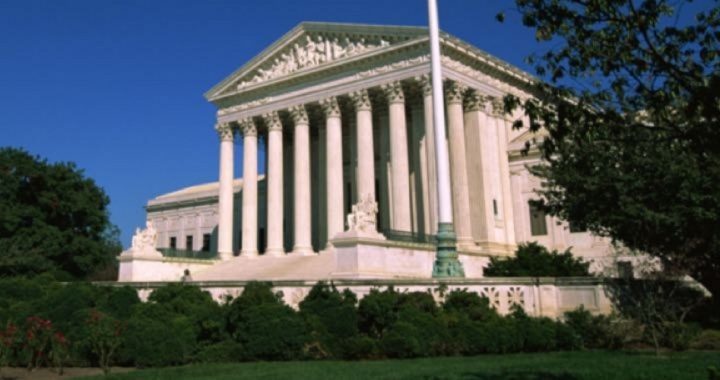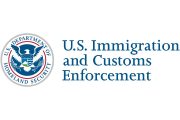
As justices of the Supreme Court heard arguments in the case of Trump v. Hawaii on April 25, their line of questioning indicated that the four more conservative members of the High Court, as well as Justice Anthony Kennedy — who is often a “swing vote” — appeared to be sympathetic to the Trump administration’s ban on the entry of aliens from certain nations.
President Trump issued a proclamation last September that restricted the immigration and visa rights of nationals of eight nations — Iran, Libya, Syria, Yemen, Somalia, Chad, Venezuela, and North Korea, six of which were predominantly Muslim. Chad was recently removed from the list.
The state of Hawaii filed suit against the president, contending that the proclamation is motivated in part by religious discrimination and is therefore unconstitutional. The lawsuit filed by Hawaii and the Muslim Association of Hawaii prevailed before a Federal District Court in Hawaii, and then before the U.S. Court of Appeals for the Ninth Circuit, in San Francisco.
The Hill reported on April 25 that during oral arguments in the case, conservative members of the Supreme Court appeared to signal that they are inclined to uphold the president’s third travel ban.
Justice Samuel Alito took issue with the argument made by the plaintiffs that the administration’s policy is a “Muslim ban” that discriminates against immigrants based on their religion, violating the establishment clause of the Constitution. “There are other justifications that jump out as to why these particular countries were put on the list,” Alito said. “So it seems to me the list creates a strong inference that this was not done for that invidious purpose.”
Neal Katyal, a lawyer for the challengers, rejected a conclusion made by Alito that since the population of countries on the administration’s travel ban list make up only about eight percent of the world’s Muslim population, it did not appear to be a ban against Muslims, arguing: “If I’m an employer and I have 10 African-Americans working for me and I only fire two of them” but retain the other eight, he said, “I don’t think anyone can say that’s not discrimination.”
In response, Justice Kennedy questioned Katyal about whether judges should second-guess a president’s national security judgments. “That’s for the courts to do, not the president?” he asked, skeptically.
The New York Times reported that this was the first time the justices heard arguments on any of the challenges to the travel ban. A decision is expected by late June.
Photo of Supreme Court: Clipart.com
Related articles:
Judicial Assault on Trump Admin. Immigration Actions Continues
Globalists Who Created Refugee Crisis Now Exploiting It
Supreme Court Dismisses One of Two Trump Travel Ban Cases
Trump Proclaims New Travel Ban, Adds Three New Countries, Including North Korea
Supreme Court Justice Stays Appeals Court Ruling Limiting Trump Travel Ban
Trump Travel Ban Unconstitutional? But Obama, Bush, Carter Travel Bans Constitutional?
Hawaii’s Judge Watson Loosens Trump Travel Ban
Supreme Court Allows Most of Trump Travel Ban to Proceed, Will Hear Case in Fall
Ninth Circuit Court Rules Against Travel Ban, but Trump Fires Back
Trump’s DOJ Submitted “Watered Down” Version of His Travel Ban to Supreme Court
Trump Administration Asks SCOTUS to Rule on “Travel Ban”
9th Circuit Court Considers Appeal of Judge’s Order Against Trump Travel Ban
Federal Judge Upholds Trump Travel Ban Blocked by Other Courts
Federal Judges Again Block Trump Travel Ban From Nations With Terrorist Ties
Trump Signs New Immigration Executive Order
Judge Grants Stay to Bar Trump DHS From Deporting Aliens From Seven Nations of Concern
Trump Executive Order to Ban Nationals of “Countries of Particular Concern”



